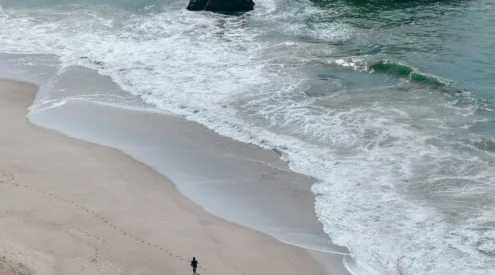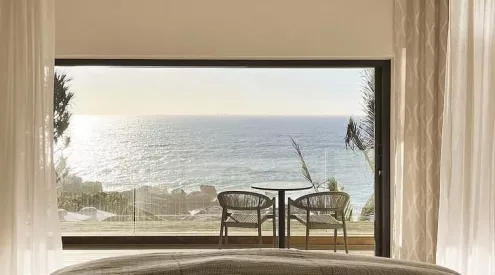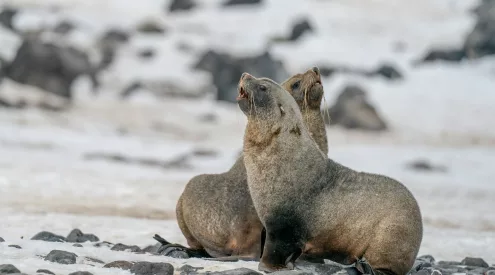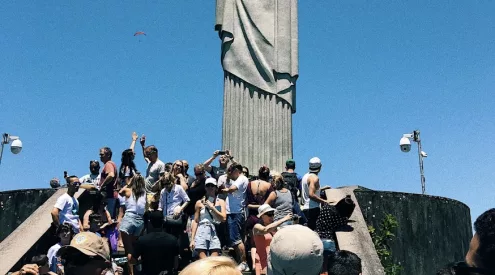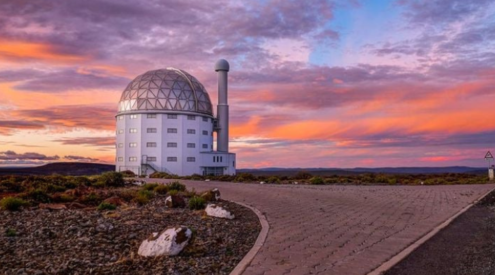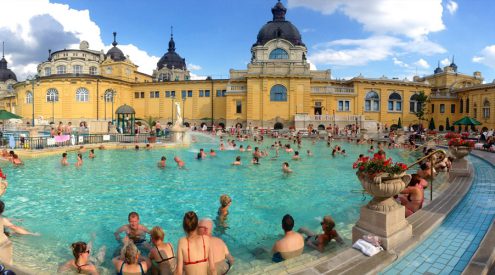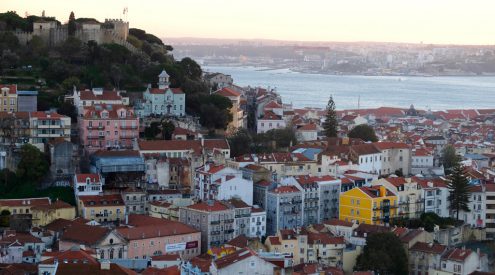Late summer in San Francisco had all the hallmarks of winter. Fog swept in each day, shrouding the city in gloom. Nights were cold; photography was patchy and frustrating; I bought a second jersey. I complained to my friend Samantha. This was indeed summer weather, she assured me, although a bit colder than usual and lasting a bit late in the season. She reminded me of the old Mark Twain quote: “˜The coldest winter I ever spent was a summer in San Francisco.’
After a while, I found myself embracing the weather. The literature I was reading celebrated the fog as integral to this place, like Cape Town’s southeasterly gales. I grew to like the fog. You’d hear it before you saw it. The horns down towards Golden Gate would start moaning, then those closer would chime in, the sound echoing up the bay. You’d see its big white fingers creeping towards you, street by street. If you were on a hill or vantage point, the cloud would envelope the world below you, dousing everything like a fire blanket. Then only the Golden Gate spires or the ramparts of downtown skyscrapers would poke like Pacific atolls above the billowing sea-smoke.
At night, the fog lent a particular mood to the city. Outlines grew hazy, lights were smudged against the sky’s dark blotting paper, insubstantial figures drifted in and out of the gloom like dream shapes. Because this is a relatively safe city, the fog doesn’t hold menace, as it would in more violent places. It’s more poetic than threatening. Best of all was lying in bed late at night under a winter duvet, the windows wide-open to reveal the city’s own feathery duvet. And all the while the foghorns boomed their baritone mating call across the water like a primal orchestra.
Then summer suddenly, surprisingly, arrived. In late September the winds changed to offshore breezes that kept the fog at bay and temperatures soared into the high 30s. Each day seemed hotter than the one before. Looking down the city’s great avenues, districts would dissolve into pooling mirages. The pavements steamed. Beaches were packed, even on week days. San Franciscans don’t get many sweltering days and even fewer balmy nights, so a festive atmosphere pervaded. Our neighbours threw spontaneous cocktail parties during the week. Rooftops became sundowner venues. Lorraine, the Irish woman downstairs, set up a table and chairs in the garden and took to dining al fresco. Indeed, almost every restaurant on Russian Hill acquired pavement seating, candles, a cocktail menu. For a few short weeks, the city had been transposed from a foggy north Pacific coast to the Mediterranean. It was glorious.
The people seemed different too: more gregarious, certainly more sleepless. When we tried to go to bed around midnight, windows wide open, fan on overdrive, the neighbours had no such intention. There was laughter, music, the tinkling laughter of courtship. People didn’t wear much either, and saw no reason to draw curtains or lower blinds. It was the Indian Summer San Franciscans had long been waiting for. And they certainly made hay.
But of course it could not last, and with the rapidly shortening days, the cold grip of winter is starting to close around the city “¦


